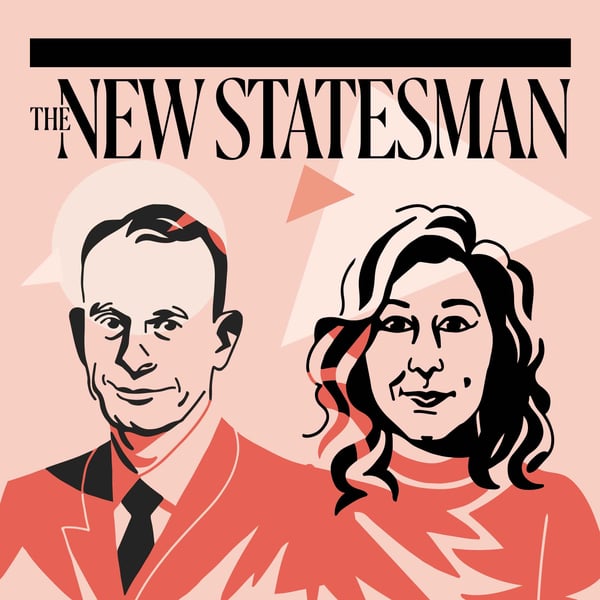How can the UK take the lead in the skills revolution? | Sponsored
The New Statesman | UK politics and culture
The New Statesman
4.4 • 1.4K Ratings
🗓️ 12 July 2025
⏱️ 24 minutes
🧾️ Download transcript
Summary
As the UK faces economic and technological change, building a skilled workforce is critical - but what should that workforce look like? And how can employers, educators and policymakers align to prepare people for what’s next?
Host Zoë Grünewald is joined by Pearson’s UK Lead Sharon Hague and Vice Chair of Skills England Sir David Bell, to explore the future of skills in a rapidly evolving economy.
Their discussion explores the economic cost of skills gaps and the opportunities to boost national output through better training and education policy - especially in the face of AI, green tech, and demographic change.
As well as outlining the government’s role, they discuss the importance of flexibility, digital literacy, and building a culture of continuous upskilling to help the UK become a global leader in the AI-driven economy.
This New Statesman podcast episode is sponsored by Pearson.
Hosted on Acast. See acast.com/privacy for more information.
Transcript
Click on a timestamp to play from that location
| 0:00.0 | The New Statesman. |
| 0:06.1 | Hello and welcome to this special podcast brought to you by the New Statesman's Spotlight |
| 0:10.6 | Team. We cover policy for those who shape it and the businesses it affects. I'm Zoe Grunewold. |
| 0:24.1 | The world of work is changing fast. |
| 0:28.5 | New technologies like AI are transforming roles across every sector, |
| 0:32.4 | redefining what we expect from education, training and employment. |
| 0:37.1 | In this episode, we'll discuss how the UK can lead the global skills revolution. We'll also explore how the success of the government's five missions, from economic growth to digital innovation, relies on investing in the right skills at the right time. So, what exactly are those skills and how do we make sure that people can access them? And what will it take from employers, educators and |
| 0:55.2 | government to make real change? This episode has been fully funded by Pearson. Today I'm joined by |
| 1:01.5 | Pearson's UK lead, Sharon Hague and Vice Chair of Skills England, Sir David Bell, who is also |
| 1:06.5 | Vice-Chancellor and Chief Executive of the University of Sunderland. Welcome to you both. |
| 1:12.1 | Sharon, let's start with you. What does the skills revolution mean to you? And why is it so |
| 1:16.9 | critical for the UK right now? Thanks, Zoe. Well, I mean, it's in all of our interests to see the UK |
| 1:23.5 | PLC grow. And we all want young people and adults to have really successful and rewarding careers. |
| 1:32.4 | But what we're seeing and what we're facing is a growing gap between the skills that employers need |
| 1:39.0 | and what the workforce can provide. And if we don't do something about this, if we don't intervene, |
| 1:45.4 | this gap will become a chasm. So Pearson recently conducted some research, our Lost in Transition |
| 1:52.4 | Report. And what we found is that in the transition moments between careers or between jobs |
| 2:00.5 | or mismatches in the skills that people |
| 2:03.3 | have and what the employers need, there's actually 96 billion pounds of lost earnings, which |
| 2:11.9 | is equivalent to 4% of the national output. So if we could address these skills gaps, these growing skills |
| 2:20.4 | gaps, we could actually see a 4% improvement in our national output just as a result of doing that. |
| 2:27.4 | And there are really four main causes that are driving this lost earnings. |
... |
Transcript will be available on the free plan in 14 days. Upgrade to see the full transcript now.
Disclaimer: The podcast and artwork embedded on this page are from The New Statesman, and are the property of its owner and not affiliated with or endorsed by Tapesearch.
Generated transcripts are the property of The New Statesman and are distributed freely under the Fair Use doctrine. Transcripts generated by Tapesearch are not guaranteed to be accurate.
Copyright © Tapesearch 2025.

